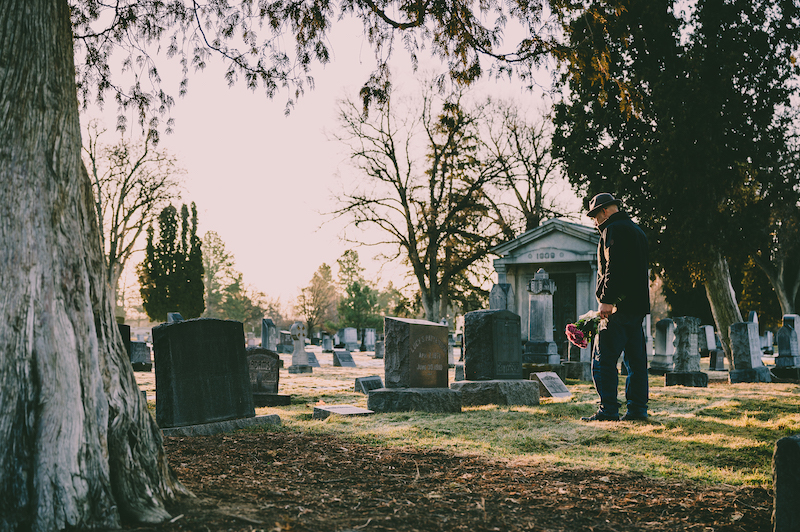
Making plans on how to offer a loved one a befitting sendoff is a delicate task that requires precision planning and organization. Creating flawless funeral plans can be a daunting task especially because of the grief and shock that sets in when a person close to you passes away. As you are grieving and coming to terms with your loss, you can ensure that the deceased has a lovely and proper funeral ceremony by engaging the services of a professional funeral director.
What Are the Key Roles & Responsibilities of a Funeral Director?
These professionals offer a wide range of services to grieving services. After the death of a loved one, you will need the services of a funeral director in the period preceding the burial, during the actual funeral service and afterwards.
One of the key roles played by professional funeral directors is to offer guidance to grieving families. Handling burial plans can be confusing especially if it is your first time. A funeral director will inform you on the steps to take immediately after the death of a loved one. They will also be responsible for directly handling certain aspects of the burial preparation process.
Funeral directors will help arrange for the body of the deceased to be taken to the funeral home. If you want the body to remain at home in the days before the funeral services, the director will be responsible for ensuring that the body is properly maintained and that it is ready for viewing.
A funeral director also has the responsibility of helping you acquire crucial documents such as the Certificate of Death and the requisite burial permits in your locality. These professionals should also handle the placement of death notices on various media platforms on your behalf.
For the funeral service, these professionals have a duty to listen to your needs and follow any instructions left by the deceased so as to ensure that the overall service meets both your expectations and those of the deceased.
The director will be responsible for arranging transportation to and from the area where the service will be held, arranging and beautifying the space, queuing musical performances and tributes, directing the order of speakers and generally ensuring that the entire service goes on without a hitch. The director will also help you choose a casket for your loved one. The director will also help you choose coffins for your loved one.
After the memorial service, the funeral director has a responsibility of helping you follow through on your desired interment plans for the deceased. Common interment options include cremation and ground burial. After the deceased has been interred, the director also has a duty to help you with taking care of obituary cards sent by mourners.
It is worth noting that you do not only need the services of funeral directors after a death occurs. These professionals can help you start planning for your own funeral while you are still alive. They can help you choose and make payments for a funeral plan in advance and even record your wishes on how you would like your funeral service to be handled.